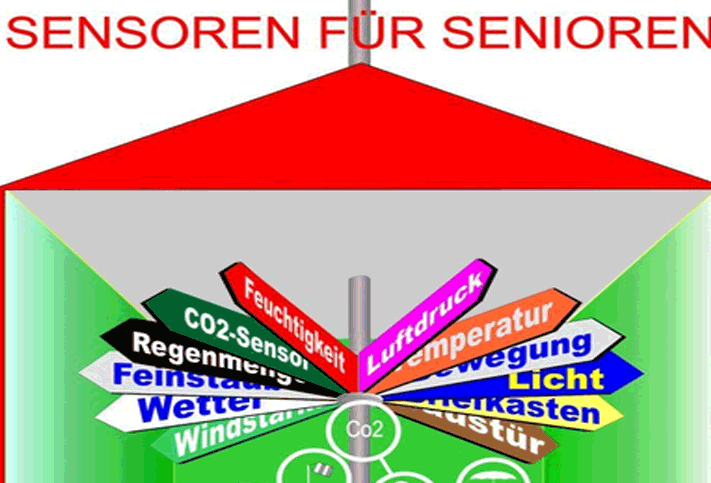
| Short descriptor of good practice |
| The project is a response to the growing demand for ICT competencies, which have become a strategic element in the life of modern societies. Statistics from last year show that 44% of Europe’s seniors lack basic digital skills. ICT can be a valuable source for obtaining information, sparking interest, participating in public life, facilitating many daily activities, and improving the quality of life. Importance of ICT skills was expressed especially during the Covid-19 pandemic, when there was a lack of outside activities. In such a situation, values like culture and creativity have not only become highly sought after but also necessary for the elderly to maintain mental health. The partners concluded that one of the solutions could be a proposal to use ICT to increase seniors’ participation in cultural events and to inspire creativity. |
| Type of setting where good practice is delivered |
| NGO, Adult institutions |
| Time Frame for delivery of good practice |
| 23 months of partners work. To adapt seniors to different activities can take several weeks. |
| Type of learner the best practice is supporting |
| Seniors |
| Resources used as part of good practice |
| https://erasmus-plus.ec.europa.eu/projects/search/details/2020-1-PL01-KA227-ADU-095419 |
| Aims and objectives of good practice |
| The aim was: – to develop educational content that would increase the attractiveness of ICT tools and show seniors new opportunities to participate in public life. – to increase the recipients’ knowledge about the possibilities offered by ICT in the field of culture, creativity and activity. – to increase awareness that ICT skills enable inclusion in the digital world, facilitate transnational dialogue, inspire educators and institutions dealing with activities for seniors to go beyond the framework of “traditional” classes. – to achieve higher competences in English language, in project management, international cooperation and substantive knowledge of the project partners and to establish transnational contacts with NGO, stakeholders and experts. – to exchange knowledge and experience in order to learn about new solutions to activate seniors. To offer good quality and interesting topics in lifelong learning. The project offered seniors a way out of passivity and of opening up to new experiences. It reduced feeling of isolation and made seniors to feel more comfortable using ICT. |
| Evidence as to why this was considered good practice |
| It was selected as example of good practice in Erasmus+ project results webpage: https://erasmus-plus.ec.europa.eu/projects/search/details/2020-1-PL01-KA227-ADU-095419 |
| 3 Key learning Principles that were used in this good practice to support senior learners |
| 1. Digital literacy 2. Collaborative learning 3. Active engagement |
| Any additional learning that we can take from this good practice example |
| Digital Nature trail manual (guide) The manual contains step-by-step information on how to design digital nature trails. https://ec.europa.eu/programmes/erasmus-plus/project-result-content/01af7860-b3a6-48d7-8cec-6d0f1dd3f1c1/Digital_Nature_trail_manual.pdf Other important results available: https://erasmus-plus.ec.europa.eu/projects/search/details/2020-1-PL01-KA227-ADU-095419 Creative writing (guide), Stories that inspire (video)Best practice database, Follow us to the digital world, Support of seniors’ creativity … How to create a digital nature trail – Purola reserve as model https://ec.europa.eu/programmes/erasmus-plus/project-result-content/9ac45e41-08e9-4ab6-af18-bdd9c4a5ce34/PLANNIG_A_DIGITAL_NATURE_TRAIL.pdf |
| Any Additional Information |
| / |
